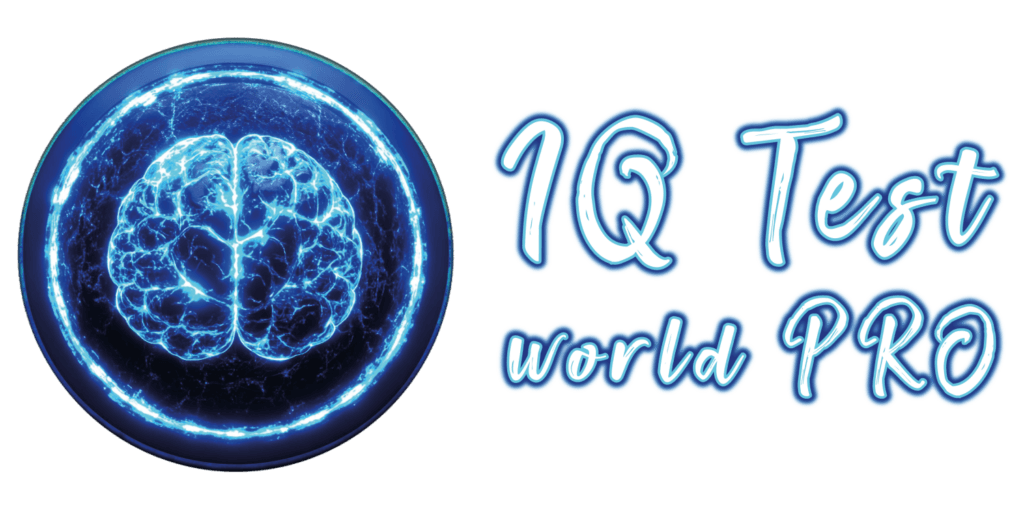Can Intelligence Be Increased?
Intelligence Quotient, or IQ, has long been used as a measure of cognitive ability. While genetics plays a significant role in determining baseline intelligence, research suggests that lifestyle choices, mental exercises, and certain habits can enhance cognitive performance. Though IQ scores may not dramatically change, enhancing focus, problem-solving abilities, and memory can lead to measurable improvements in mental agility and overall intelligence. This article explores scientifically-backed methods for cognitive enhancement and ways to increase IQ-related skills.
The Science Behind IQ
IQ measures cognitive functions, including memory, analytical thinking, spatial skills, and language comprehension. Traditionally, IQ has been considered a fixed trait, determined largely by genetics and early childhood development. However, recent studies challenge this notion, suggesting that while core intelligence may have limits, certain aspects of mental ability can be nurtured and improved throughout life. For instance, brain plasticity, the brain’s ability to reorganize itself by forming new connections, allows us to learn and adapt even as adults.
Exercise Your Brain with Cognitive Training
Cognitive training exercises are activities specifically designed to enhance brain function. These exercises target different aspects of intelligence, such as memory, processing speed, and logical thinking. Digital tools like Lumosity, CogniFit, and BrainHQ provide structured exercises to challenge and build cognitive skills. Research shows that consistent practice in cognitive training can boost working memory, increase mental agility, and potentially improve problem-solving skills.
- Memory Games – Playing memory-based games, like recalling word pairs or images, can strengthen short-term memory.
- Puzzles and Logic Problems – Solving Sudoku, crosswords, or logic puzzles encourages analytical thinking.
- Speed-based Tasks – Rapidly sorting objects or identifying patterns helps increase processing speed and accuracy.
Although results vary, studies show that these exercises are most effective when practiced regularly over time.
Prioritize Sleep for Memory and Focus
Sleep is crucial for cognitive function and memory consolidation. During deep sleep, the brain processes information gathered during the day, which is essential for retaining knowledge and skills. A consistent sleep schedule improves attention, reduces stress, and helps in better problem-solving. Adults are recommended to get seven to nine hours of sleep per night for optimal cognitive functioning.
Adopt a Brain-Boosting Diet
A diet rich in antioxidants, healthy fats, and nutrients can support brain health. Foods like blueberries, walnuts, fatty fish, and leafy greens provide essential nutrients that aid cognitive function. Omega-3 fatty acids, in particular, are known to support brain cell structure and function, helping in memory retention and overall mental performance.
- Antioxidant-Rich Foods – Berries, dark chocolate, and green tea combat oxidative stress and may slow cognitive aging.
- Healthy Fats – Omega-3-rich foods like salmon and flaxseeds support cell health in the brain.
- Vitamin-Rich Foods – Leafy greens and nuts provide essential vitamins for mental agility.
Incorporating these foods into your diet can promote long-term brain health and aid cognitive abilities.
Practice Mindfulness and Meditation
Mindfulness and meditation help increase focus, reduce stress, and improve emotional regulation—all of which contribute to a healthier, more focused mind. Practicing mindfulness trains the brain to focus on the present moment, while meditation has been shown to increase gray matter density in regions associated with learning and memory.
- Mindfulness Exercises – Activities like mindful breathing and progressive relaxation can reduce stress and increase focus.
- Meditation Practice – Just 10–15 minutes of meditation daily can improve attention and mental clarity over time.
Many high-performing individuals attribute their mental clarity and productivity to regular meditation practice, which can be easily integrated into daily routines.
Engage in Physical Activity
Physical exercise has been linked to cognitive benefits due to its positive impact on blood flow to the brain, which supports neural health. Cardiovascular exercises like jogging, swimming, and biking increase oxygen supply to the brain, aiding memory and concentration. Studies show that regular physical activity may also increase the size of the hippocampus, the area of the brain associated with memory.
- Aerobic Exercise – Activities that increase heart rate, like running, improve blood flow to the brain.
- Strength Training – Weightlifting and resistance exercises have been shown to improve executive functions and memory.
- Mind-Body Exercises – Yoga and tai chi improve concentration and reduce stress, benefiting overall cognitive function.
By combining these activities, individuals can enhance both physical and cognitive health, creating a solid foundation for sharper mental performance.
Lifelong Learning: Never Stop Challenging Your Mind
Engaging in lifelong learning by reading, taking up new hobbies, or learning a new language keeps the mind agile. Studies indicate that mentally stimulating activities contribute to cognitive resilience, providing the brain with continuous growth opportunities. Activities like learning an instrument, picking up a new language, or exploring new topics foster mental flexibility and increase cognitive reserve.
Conclusion: Embrace a Holistic Approach to Boosting IQ
Improving IQ is more than just increasing a score on a test—it’s about enhancing the brain’s ability to think, learn, and adapt. By adopting a holistic approach that includes cognitive exercises, physical activity, balanced nutrition, sleep, and mindfulness, you can nurture a sharper, healthier mind. Intelligence may not be completely changeable, but focusing on brain health can unlock untapped potential, leading to enhanced cognitive performance and a more fulfilling life.
Ready to embark on your journey of self-improvement? Start by discovering your baseline. Take our IQ test and take the first step towards boosting your cognitive potential.








